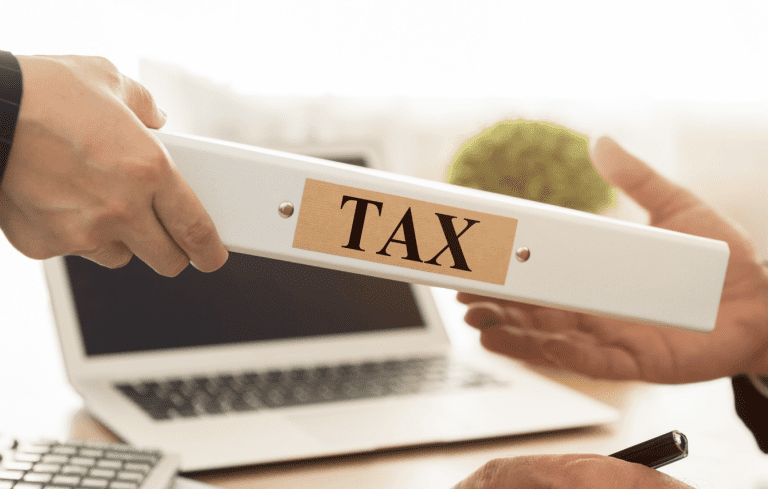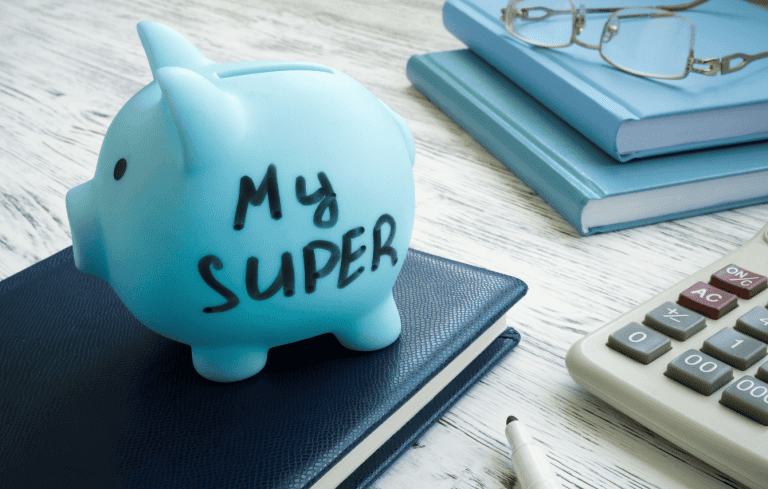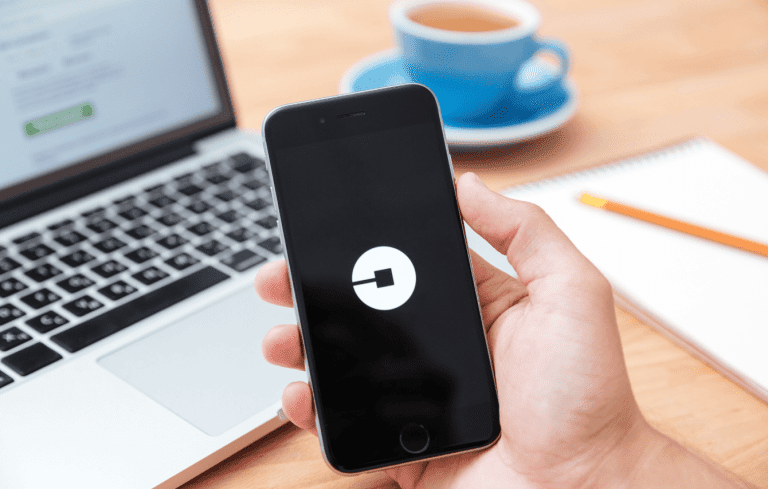The world’s attention has been captured by cryptocurrencies, which have existed for several years. However, the recent surge and instability of Bitcoin and other cryptocurrencies have led to frequent news coverage, prompting individuals to seek guidance from a tax advisor.
The ATO has also taken an interest and released detailed guidance on the tax treatment of crypto-currencies in various scenarios. Some of these scenarios are:
1. Cryptocurrency as an Investment vs Speculation
If you buy cryptocurrency as an investment, you may have to pay capital gains tax on any gain you make when you sell it. If you hold it for 12 months or more, you may be entitled to the 50% CGT discount. If you make a capital loss, the loss can be used to reduce capital gains but can’t be offset against other income. Capital losses can be carried forward to later years.
Alternatively, if you speculate on cryptocurrency (ie buy to sell at a profit), any gain you make would be taxed as ordinary income with no access to the 50% CGT discount.
Cryptocurrency differs from investment in shares or property in that you don’t earn rent or dividends, so the only profit that might be made is on disposal. For this reason, most gains on cryptocurrency would likely be taxed as ordinary income from speculation.
2. Personal Use Asset
An exception to this is where cryptocurrency is acquired and kept mainly to purchase items for personal use or consumption. These are called “personal use assets”. Capital gains and losses you make from personal use assets acquired for less than $10,000 are disregarded for CGT purposes.
The following two examples contained in the ATO’s guidance imply that the circumstances in which cryptocurrencies will qualify as personal use assets are very limited:
Example: a personal use asset
Michael wants to attend a concert. The concert provider offers discounted ticket prices for payments made in cryptocurrency. Michael pays $270 to acquire cryptocurrency and uses the cryptocurrency to pay for the tickets on the same day. Regarding the circumstances in which Michael acquired and used the cryptocurrency, the cryptocurrency is a personal asset.
Example: not a personal use asset
Peter has been regularly acquiring cryptocurrency for over six months with the intention of selling at a favourable exchange rate. He has decided to buy some goods and services directly with some of his cryptocurrency. Because Peter acquired the cryptocurrency as an investment, the cryptocurrency is not a personal use asset.
3. Using Cryptocurrency in Business
If you receive cryptocurrency for goods or services you provide as part of your business, you must include the Australian dollar value of the cryptocurrency as part of your ordinary income. Where you purchase business items using cryptocurrency, you are entitled to a deduction based on the Australian dollar arm’s length value of the item purchased.
Tax treatment of cryptocurrency investments and transactions will continue to evolve as different scenarios begin to be tested in the courts, but please get in touch with us if you have any questions as to how you might be affected.
Kreston Stanley Williamson
*Correct as of March 2018
*Disclaimer – this article has been produced by Kreston Stanley Williamson as a service to its clients and associates. The information contained in the article is of general comment only and is not intended to be advice on any particular matter. Before acting on any areas in this article, you must seek advice about your circumstances. Liability is limited by a scheme approved under professional standards legislation.














